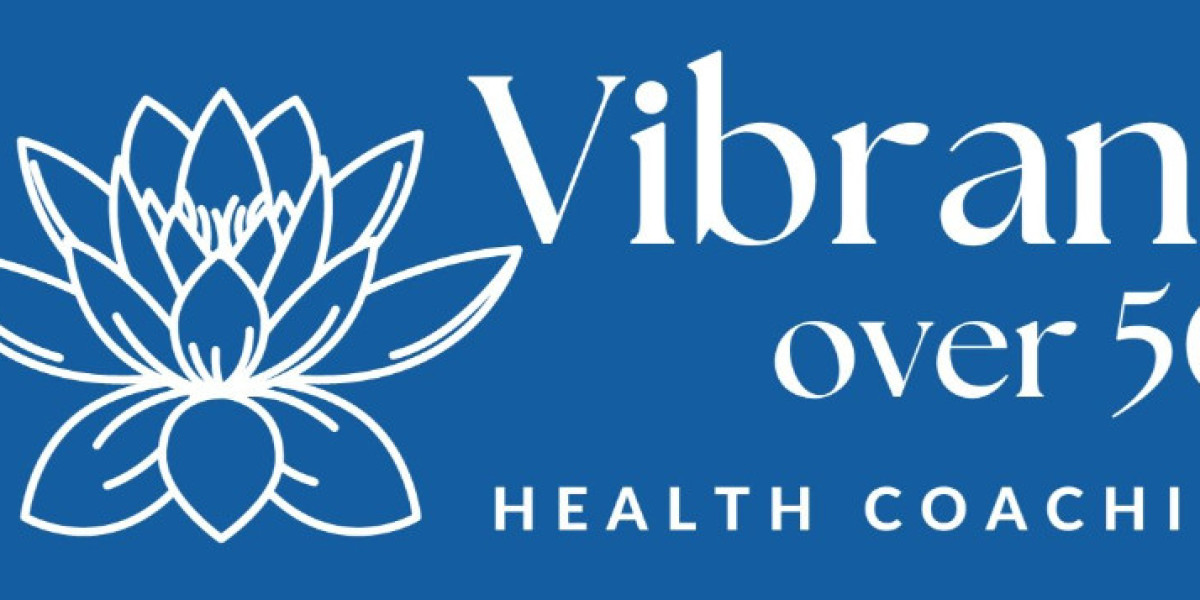Aging is a natural, inevitable part of life, and for many women, it brings new chapters filled with wisdom, freedom, and self-acceptance. However, aging also brings unique health considerations, especially for women. Embracing a holistic approach to "healthy aging" can help women maintain physical, emotional, and mental wellness as they age, ensuring that the golden years are vibrant and fulfilling.
This article explores essential components of healthy aging for women, focusing on preventive healthcare, lifestyle choices, mental wellness, and community engagement.
Embrace a Preventive Approach to Healthcare
Preventive healthcare is key for women as they age, and it often begins with routine screenings and an awareness of personal and family health histories. Common screenings recommended for women include mammograms for breast cancer, bone density tests to assess osteoporosis risk, Pap smears and HPV tests for cervical cancer, and regular blood pressure and cholesterol checks to monitor heart health. As women age, being proactive about these health considerations helps manage risks related to cardiovascular health, bone density, and hormonal fluctuations.
To help maintain bone health, women should ensure they get enough calcium and vitamin D, engage in weight-bearing exercises, and avoid smoking and excessive alcohol intake. Since osteoporosis becomes a greater risk after menopause, a preventive approach to bone health can make a significant difference in physical wellness.
Nourish the Body with a Balanced Diet
A nutrient-rich diet is the foundation of healthy aging. With metabolism slowing down, it becomes essential to focus on foods that support energy levels and meet nutritional needs without excess calories. Incorporating protein-rich foods, such as lean meats, fish, legumes, nuts, and seeds, helps prevent muscle loss. Healthy fats, like omega-3 fatty acids found in fish, flaxseed, and walnuts, support heart health and reduce inflammation. Antioxidant-rich fruits and vegetables provide nutrients that combat cell damage and contribute to skin health and vitality. Whole grains offer fiber that aids digestion and stabilizes blood sugar, helping reduce risks associated with diabetes.
Staying hydrated is equally important. Many people overlook the body's changing hydration needs with age, but drinking plenty of water helps maintain skin elasticity, joint health, and overall energy.
The transition through menopause can bring a range of symptoms, from hot flashes to mood swings. Some dietary adjustments may alleviate these symptoms. Foods rich in phytoestrogens, like soy, flaxseed, and legumes, may mimic estrogen and reduce the intensity of hot flashes. Limiting processed sugars can also help, as high sugar intake is linked to inflammation and mood fluctuations. Staying mindful of caffeine and alcohol intake can improve comfort since both can trigger hot flashes and disrupt sleep.
Keep Moving: Physical Activity for Longevity
Physical activity is a cornerstone of healthy aging, offering a multitude of benefits, from maintaining muscle strength to supporting mental health. For women over 50, focusing on flexibility, strength, and cardiovascular fitness can make daily activities easier and reduce the risk of falls and fractures. Engaging in regular cardio activities like brisk walking, cycling, swimming, or dancing enhances heart health and stamina. Strength training through weight lifting or resistance bands is crucial for maintaining muscle mass and bone strength. Many women notice a drop in muscle tone with age, but strength training can counteract this.
Balance and flexibility exercises, like yoga and Pilates, are valuable for reducing fall risks and keeping joints limber. A simple daily stretching routine can ease stiffness and support joint health, allowing women to remain active and agile as they age. Consistent exercise also releases endorphins, which naturally lift the mood and help manage stress and anxiety.
Prioritize Mental Wellness and Cognitive Health
Mental wellness is equally essential in aging. Women face unique stressors, often balancing family responsibilities, work, and personal health. Finding ways to support cognitive health and emotional balance can promote a positive aging experience. Staying socially engaged reduces stress and supports cognitive health. Women who engage in community activities, join social clubs, or volunteer often report a stronger sense of purpose and satisfaction. Lifelong learning, such as pursuing new skills or hobbies, stimulates the brain and has been shown to reduce the risk of cognitive decline. Whether it’s learning a language, picking up an instrument, or exploring art, staying mentally active promotes cognitive vitality.
Practicing mindfulness can help manage anxiety and improve emotional resilience. Meditation has also been shown to improve sleep quality, a crucial factor in aging well. Isolation, on the other hand, can lead to loneliness and depression, especially as social roles shift with age. Prioritizing time with family, friends, and community provides emotional support and joy, greatly improving the quality of life for aging women.
Foster Resilience and Positive Mindset
Aging gracefully also requires nurturing a positive outlook. Society often sends conflicting messages about beauty and aging, but women who embrace self-acceptance and focus on wellness find greater joy in the aging process. Fostering a mindset that celebrates life’s phases can enhance self-confidence and reduce age-related anxiety. Setting personal goals provides motivation and focus, enhancing purpose and direction. Practicing gratitude by reflecting on life’s positive aspects can boost happiness and shift the focus away from age-related concerns. Spending time outdoors and connecting with nature is calming and refreshing, reducing stress and enhancing mental clarity.
Many women find inspiration in role models who continue to thrive in later life. Surrounding oneself with positive examples of healthy aging can offer encouragement and perspective. From athletes to artists, there are many women who continue to make meaningful contributions to society well into their senior years. Drawing inspiration from these figures can help counteract negative age-related stereotypes and remind us that life remains full of possibilities.
Take Time for Self-Care and Prioritize Sleep
Self-care becomes even more important as women age. Whether it’s through skin care, relaxation routines, or ensuring adequate rest, making time for oneself is essential for mental and physical wellness. Sleep, in particular, is crucial for cellular repair, hormone regulation, and mental health, but changes in sleep patterns often occur with age. Setting a consistent bedtime and creating a relaxing sleep environment are two ways to improve sleep quality. Reducing screen time an hour before bed can help by minimizing exposure to blue light, which disrupts the body’s natural sleep cycle.
Self-care routines also encompass managing stress through relaxation techniques like deep breathing, meditation, or journaling. Embracing these practices supports both mental clarity and emotional stability, which are key to healthy aging.
Conclusion
Healthy aging for women encompasses much more than physical health; it involves nurturing mental wellness, social engagement, and a positive outlook. By embracing preventive healthcare, nourishing the body, engaging in regular exercise, and prioritizing self-care, women can support their well-being and enjoy a rich, fulfilling journey through the aging process.



